Danh mục
-
 Thiết bị hội nghị
Thiết bị hội nghị
-
 Thiết bị viễn thông
Thiết bị viễn thông
-
 Thiết bị trình chiếu
Thiết bị trình chiếu
-
 Thiết bị mạng
Thiết bị mạng
-
 Phần mềm bản quyền
Phần mềm bản quyền
-
 Thiết bị âm thanh
Thiết bị âm thanh
-
 Thiết bị gia dụng thông minh
Thiết bị gia dụng thông minh
-
 Bộ đàm
Bộ đàm
-
 Tin tức
Tin tức
Chọn một danh mục ở bên trái để xem nội dung.

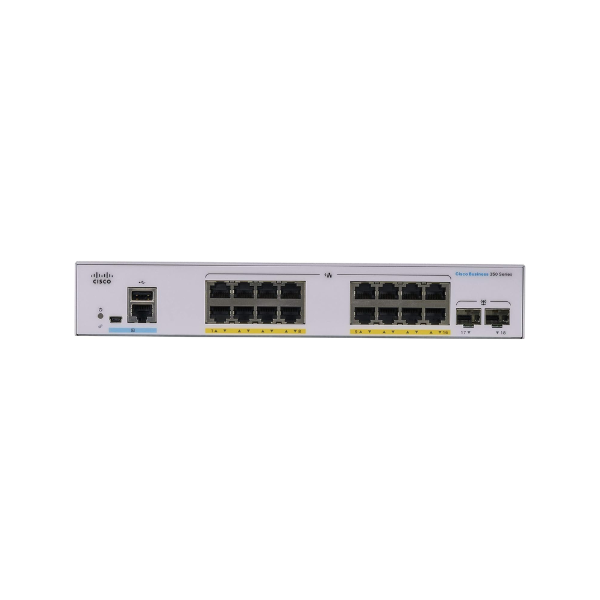

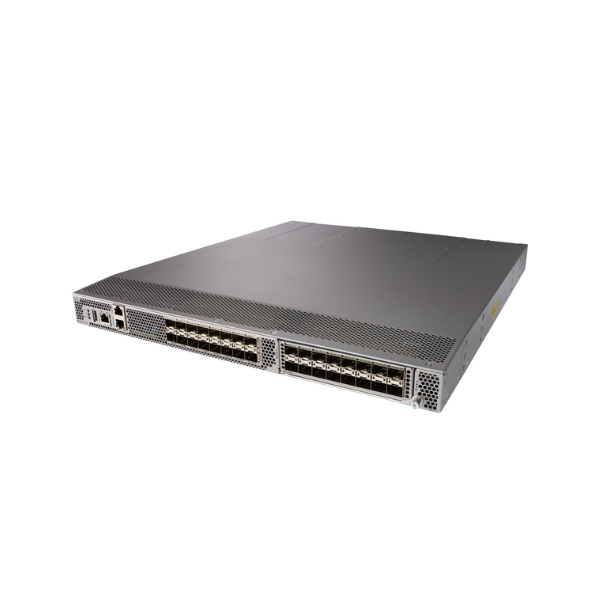
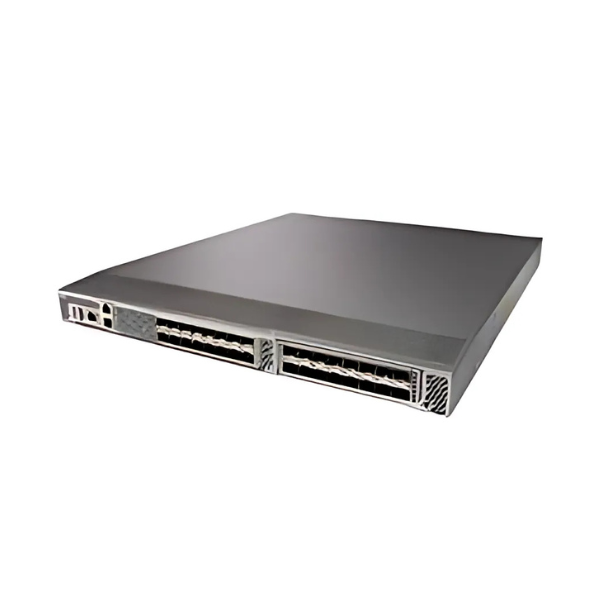
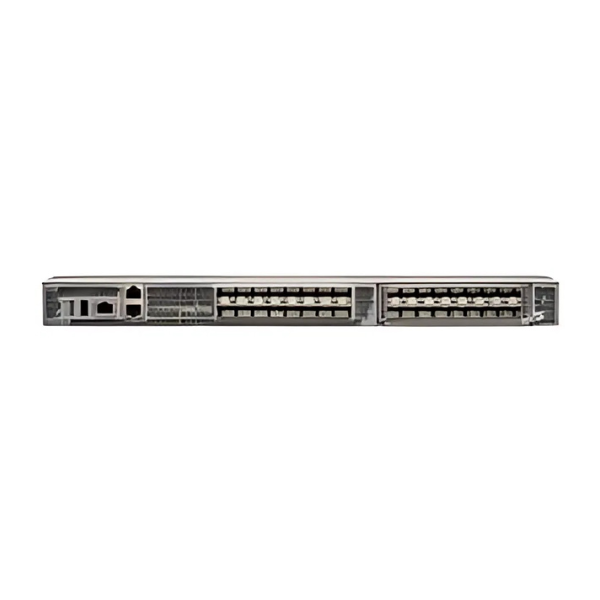

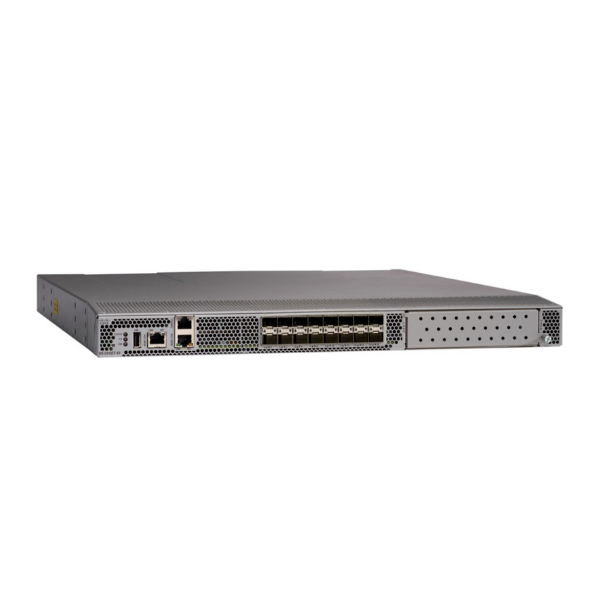
Đánh giá
Chưa có đánh giá nào.